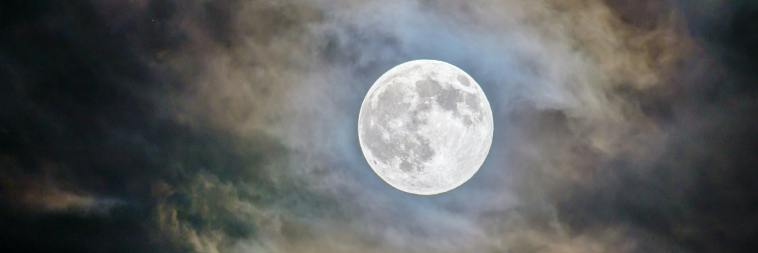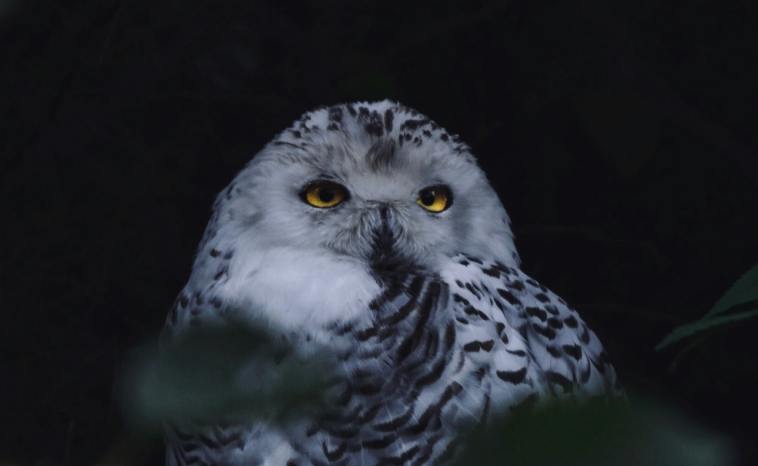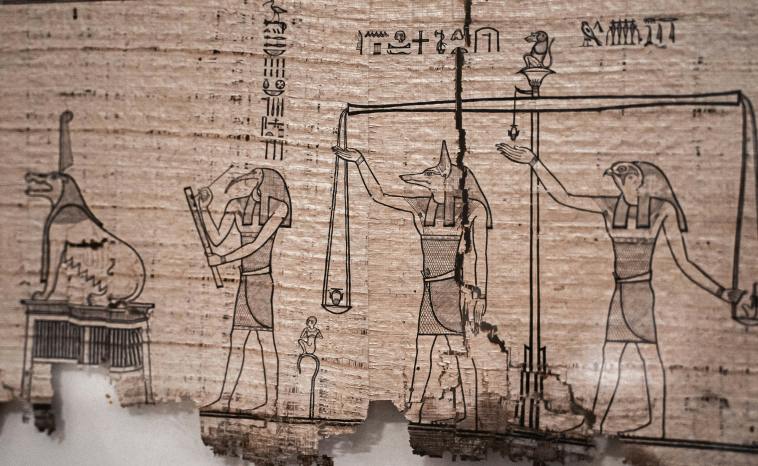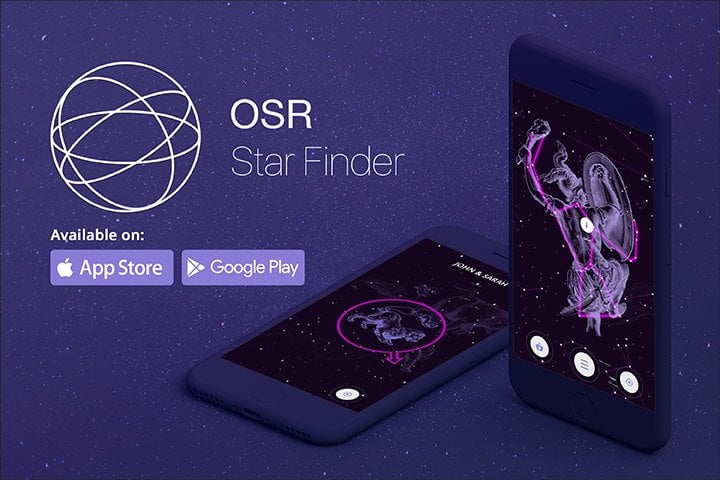What If Earth Had No Moon?

As unimaginable as it may be, it’s a fascinating question: what if Earth had no moon? In this article, we’ll explore all of the potential consequences to our planet and its inhabitants!

The Moon, Earth’s celestial companion, has a profound impact on our planet in numerous ways. Its gravitational pull influences tides, stabilises the Earth’s axial tilt, and even affects wildlife and human behaviour. But what if Earth had no moon at all? Let’s embark on an imaginative journey to explore the fascinating hypothetical scenarios of a moonless Earth!
Tidal Dynamics and Sea Life

One of the most striking effects of the Moon’s absence would be the alteration of tidal dynamics. Currently, the Moon’s gravitational force causes predictable rises and falls in sea levels, resulting in the ebb and flow of tides. Without the Moon’s influence, these tides would become less pronounced and lose their rhythmic pattern. This would have significant consequences for coastal ecosystems and marine life.
Coastal habitats rely on the ebb and flow of tides for various ecological processes. For example, certain types of crabs and shorebirds time their feeding and reproduction activities based on the tides. The regular rise and fall of the sea provide them with access to food sources and suitable nesting grounds. In the absence of the Moon, the reduced tidal fluctuations could disrupt these crucial activities and jeopardise the delicate balance of coastal ecosystems.
Moreover, the ebb and flow of tides play a vital role in nutrient cycling and sediment transport along coastlines. Tidal movement helps distribute organic matter and nutrients, facilitating the growth of coastal vegetation and supporting the diverse food web. Without the Moon’s gravitational pull, the diminished tides may limit the dispersal of these essential resources, affecting the overall productivity and biodiversity of coastal habitats.
Climate and Seasons

The Moon plays a pivotal role in stabilising the Earth’s axial tilt, a phenomenon that regulates the planet’s climate and seasons. Through its gravitational pull, it acts as a cosmic conductor, orchestrating a delicate symphony of forces that keep our planet in perfect harmony. But what if Earth had no moon to help keep its balance?
Without the Moon’s influence, the Earth’s axial tilt would undergo more erratic fluctuations, leading to extreme and unpredictable shifts in climate and seasonal patterns. Just imagine a world where regions that currently experience distinct seasons were instead subject to dramatic and irregular weather patterns, challenging the adaptability of both flora and fauna to unprecedented levels.
Wildlife and Nocturnal Behavior

The Moon’s phases have long been observed to exert a profound influence on the behaviour of various wildlife species. For instance, marine biologists have discovered that certain species of corals meticulously time the release of their eggs to coincide with specific lunar phases, effectively synchronising their reproductive cycles with the natural rhythm of the Moon’s cycle.
Additionally, the brightness of the Moon plays a crucial role in governing the nocturnal activities of countless animals. A world bereft of the Moon’s presence would risk disrupting these intricate natural rhythms, potentially leading to unforeseen and far-reaching consequences on wildlife behaviour and the delicate ecological interactions that shape our planet.
The intricate dance between the Moon and wildlife is a fascinating phenomenon that underscores the interconnectedness of all living organisms and highlights the importance of understanding and preserving the delicate balance of our natural world.
Human Psychology and Folklore

Beyond its physical effects, the Moon has long captivated the human imagination with its enigmatic allure. Indeed, throughout history, it has served as a celestial muse, inspiring countless myths, folklore, and cultural traditions that have shaped our understanding of the world. The absence of the Moon would undeniably cast a profound impact on the tapestry of our perception, transforming the night sky into an unfamiliar tableau devoid of its radiant presence.
Not only does the Moon’s absence alter our visual experience of the cosmos, but some psychologists have also suggested that our emotions and behaviours have become intertwined with lunar observations. For centuries, anecdotal beliefs about the Moon’s influence on our psyche have sparked curiosity and fascination. Though scientific evidence regarding the Moon’s direct impact on human health and behaviour remains elusive, the intangible connection between our emotional states and its lunar phases continues to intrigue us.
OSR Star Finder App

The Moon’s presence has undeniably shaped the Earth’s environment and influenced countless aspects of life on our planet. While the scenario of a moonless Earth sparks curiosity and wonder, it also underscores the intricate interconnectedness of celestial bodies and terrestrial ecosystems. Thankfully, the question “What if Earth had no moon?” remains a hypothetical one – our cosmic companion is expected to stick around for aeons to come!
Fascinated by the Moon’s enigmatic beauty and its cosmic ballet with the Earth? Why not bring the night sky a little closer to home? With the OSR Star Finder App, you can transform your device into a portal to the heavens, giving you the power to identify stars and constellations. Embark on a celestial journey and uncover the secrets of the night sky!

